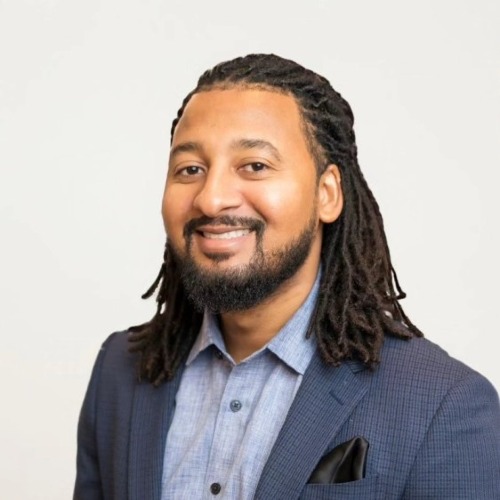El Salvador's Bukele shares message for US conservatives

Nayib Bukele, the President of El Salvador addressed the Conservative Political Action Conference in Texas where he told American Conservatives to “Put up a fight”.
Following his election in 2019, Bukele turned El Salvador from “the murder capital of the world” into one of the region’s safest countries.
Bukele achieved this feat by focusing his energy on crime and gang crackdowns through means that some Human Rights groups believe to be unethical, claiming that thousands have been redundantly imprisoned during his anti-gang war.
Bukele remains to be a controversial figure, even calling himself “the world's coolest dictator”, however, this doesn’t seem to concern the average citizen, who have collectively re-elected him for a second term this month.Bukele spoke at the headlining event of the annual Conservative Political Action Conference (CPAC) which was hosted by the American Conservative Union.
Bukele was met with warmth, encouragement and standing ovations; the crowd cheered “I love you” as he stepped on stage.
Bukele blatantly called out Hungarian-American hedge fund manager George Soros stating "Who elected Soros to dictate public policy or laws? Why does he feel entitled to impose his agenda? He and his cronies hit a BRICK WALL in El Salvador.”
Bukele is also considered to be a rational conservative, namely because of his attitude towards cryptocurrency, embracing it as a legal tender in his nation of El Salvador.
He has developed strong ties and influence amongst the Caribbean region with strong economic ties and participation in regional initiatives such as the American Integration System (SICA) and the Caribbean Community (CARICOM), emphasizing collaboration on issues like security, development, and climate change.
On the other hand, there have been some areas of tension with some Caribbean leaders due to political differences, citing his consolidation of power and indifference to checks and imbalances.
These factors also encourage limited engagement; despite trade agreements, Bukele's focus on domestic issues and close ties with Turkey and other non-Caribbean nations might limit deeper engagement with the region.
Bukele's relationships with the Caribbean vary depending on the specific country and issue. While there's cooperation in areas like trade and regional initiatives, differences in political ideologies and competition for resources create tension. The future of these relationships depends on several factors, including Bukele's domestic policies, regional developments, and foreign policy priorities.
Author Profile
Kofi Nelson covers a wide range of local sectors including tourism, sports, weather and opinionated features. His reporting brings context and commentary to everyday issues, while his opinion pieces aim to engage readers in thoughtful discussion about developments shaping Caribbean life.
Latest
- From Zero Maternal Deaths to Water Security: Dr Terrance Dre...
-
West Indies secure Super 8 spot in ICC T20 World Cup 2026 af... -
US Military strike in Caribbean kills 3, Saint Lucian fisher... -
Sprint queen Julien Alfred runs 6.99 at Tyson Invitational,... -
American Airlines launches shortest-ever route with new Miam...






